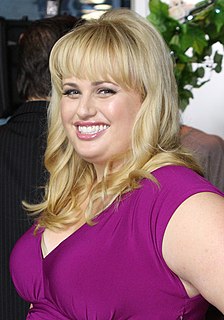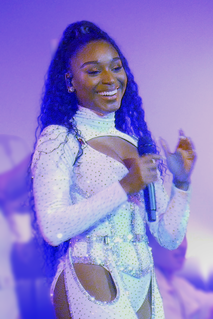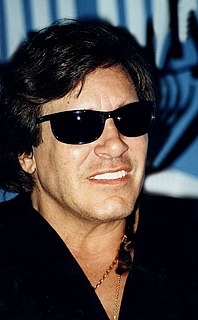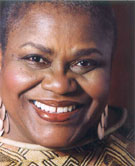A Quote by Damian Lewis
I'm not an American, but I have this weird connection to America in different ways through my dad living here for five years, my godfather being an American who I'm very close to.
Related Quotes
When we look at the arts and letters in America, especially if we look at poetry, and poetry set to music, this dialogue, we have this very powerful beautiful, eclectic, diary, or narration of being in America, being American, participating in America, becoming more of America and also as an American, the American creative spirit, which is quite interesting. Our composers and poets have spent more time writing and thinking and speaking out of what it means to be a composer or poet as well as to be an American, or a composer or poet In America; both relationships.
As a child, I used to feel much more American than Iranian. Like everyone else at school, I pledged allegiance to the flag. However, after returning to Iran, sadly, I learned about a very different America, an America that most Americans have no idea exists. For the first couple of years this was hard to accept, and it was really painful in some ways.
... the connection between imperial politics and culture is astonishingly direct. American attitudes to American "greatness", to hierarchies of race, to the perils of "other" revolutions (the American revolution being considered unique and somehow unrepeatable anywhere else in the world) have remained constant, have dictated, have obscured, the realities of empire, while apologists for overseas American interests have insisted on American innocence, doing good, fighting for freedom.
I've been in America for almost ten years. I've had many parts of the American experience. I've been all over this country and seen many different parts of it. It's just that I'm not an American. I've never become an American. I'm talking about the whole thing-psychologically, citizenship, the whole trip. Of course I've definitely been influenced by America-I'm definitely influenced by the music and the culture.
Foreigners have a complex set of associations in their minds when they think of America - from Iraq to 9/11, certainly, but also from Coke to jeans. It is entirely possible for people around the world to love American products, American books, American movies, American music, and dislike the policies of the government of America.
When I was a kid, I'd go to the African-American section in the bookstore, and I'd try and find African-American people I hadn't read before. So in that sense the category was useful to me. But it's not useful to me as I write. I don't sit down to write an African-American zombie story or an African-American story about elevators. I'm writing a story about elevators which happens to talk about race in different ways. Or I'm writing a zombie novel which doesn't have that much to do with being black in America. That novel is really about survival.
For me, the experience of not living in America was recognizing that I was American. You don't think about yourself being so culturally encoded, so nationally stamped; you don't discover that when you're a tourist for a month. You see how you reflect the place you're from. When I came back from living in Europe, I was very struck by how I didn't see America as the center of the world in the same way. It's very easy to slip back because America is so powerful. But any place you live is the center of the world.
No, I’m not an American. I’m one of the 22 million black people who are the victims of Americanism. One of the … victims of democracy, nothing but disguised hypocrisy. So, I’m not standing here speaking to you as an American, or a patriot, or a flag-saluter, or a flag-waver - no, not I. I’m speaking as a victim of this American system. And I see America through the eyes of the victim. I don’t see any American dream; I see an American nightmare.
And when I speak, I don't speak as a Democrat or a Republican, nor an American. I speak as a victim of America's so-called democracy. You and I have never seen democracy - all we've seen is hypocrisy. When we open our eyes today and look around America, we see America not through the eyes of someone who has enjoyed the fruits of Americanism. We see America through the eyes of someone who has been the victim of Americanism. We don't see any American dream. We've experienced only the American nightmare.


































